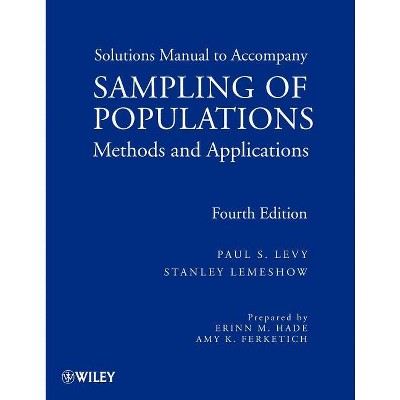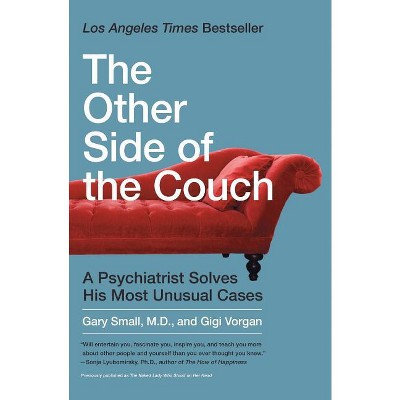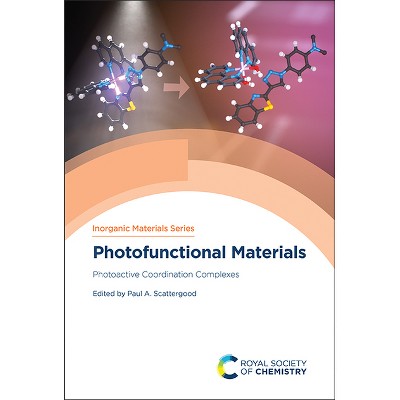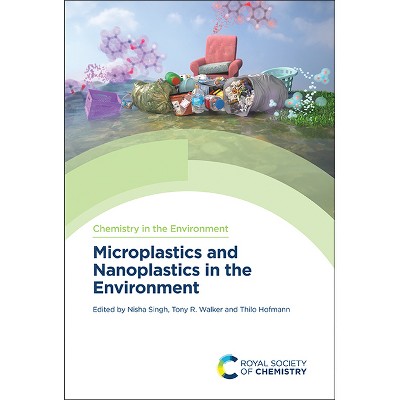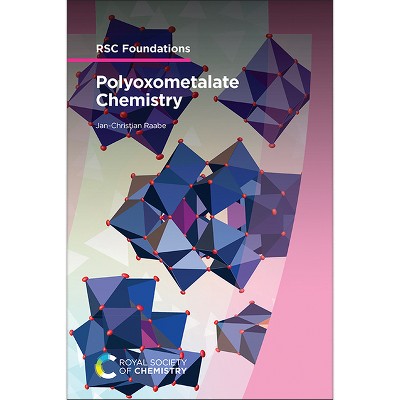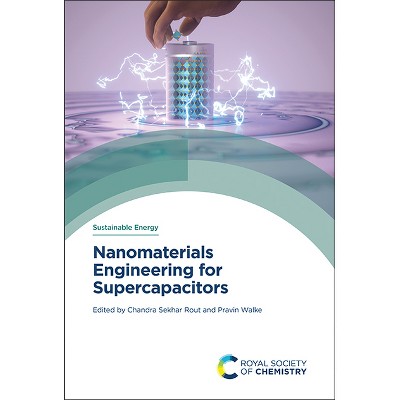Sponsored

The Sustainability of Science - by Martin Farley (Hardcover)
Pre-order
Sponsored
About this item
Highlights
- Scientific research is a resource intensive activity, and it is growing quickly worldwide.
- About the Author: Martin started working in labs as a technician and researcher, before moving into sustainable labs at the University of Edinburgh in 2013.
- 452 Pages
- Science, Laboratory Techniques
Description
About the Book
From energy use in the laboratory through reducing single use plastics and even looking at wider considerations for facilities design, this book is a comprehensive handbook for anyone wanting to improve the sustainability of their research.
Book Synopsis
Scientific research is a resource intensive activity, and it is growing quickly worldwide. In fact the growth rate of science has outpaced global growth consistently for over a decade. If we were to estimate the entire emissions of clinical science, this could be 100 mTonnes per annum, which equates to the 40th largest country in the world. Scientific discovery is essential to addressing global climate challenges, but as it grows, we must recognise its own contribution to that same climate crises. The important question becomes, how can we continue to facilitate research the world needs whilst not sacrificing the same planet in the process?
From energy use in the laboratory, through reducing single use plastics and even to looking at wider considerations for facilities design, this book will be a comprehensive handbook for anyone wanting to improve the sustainability of their research. Written by a group of scientists with a variety of perspectives this is an essential read for research group leaders, laboratory technicians and facilities managers alike.
About the Author
Martin started working in labs as a technician and researcher, before moving into sustainable labs at the University of Edinburgh in 2013. He moved to King's College London in 2014, where he created their sustainable lab programme. In 2015 he founded Green Lab Associates through which he supports the Royal College of Emergency Medicine (RCEM) through their GreenED programme. He initiated and manages the LEAF programme from UCL. In 2015, he was awarded a Green Gown award for Sustainability Professional of the year. He speaks, writes, and engages widely on sustainable science.
Shipping details
Return details
Frequently bought together
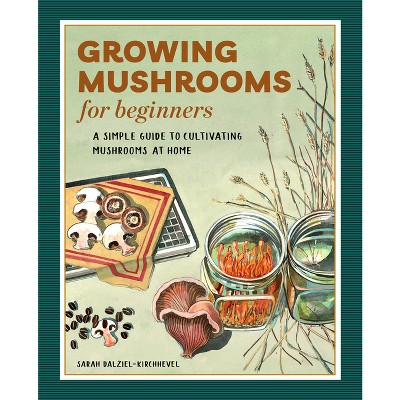
Trending Non-Fiction






